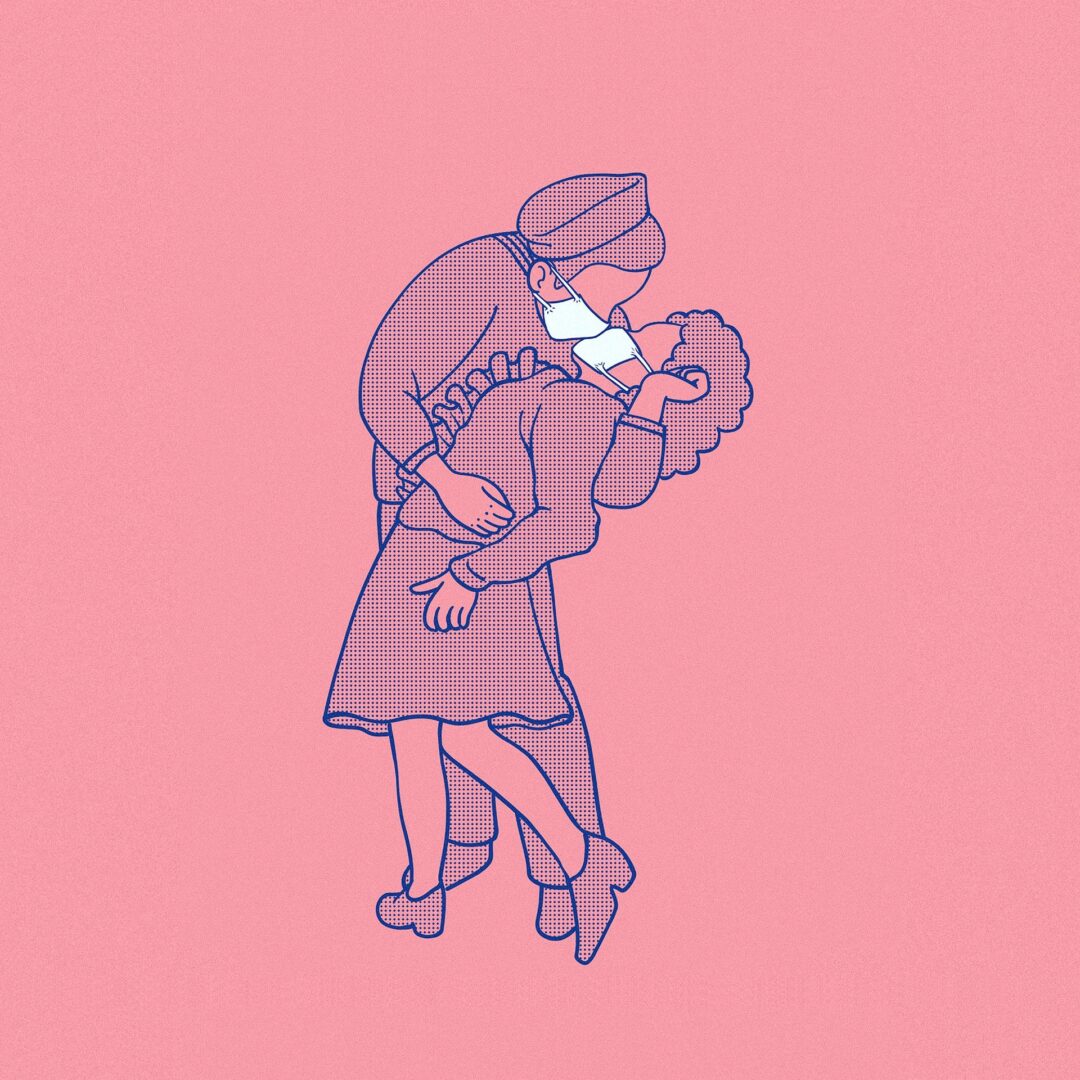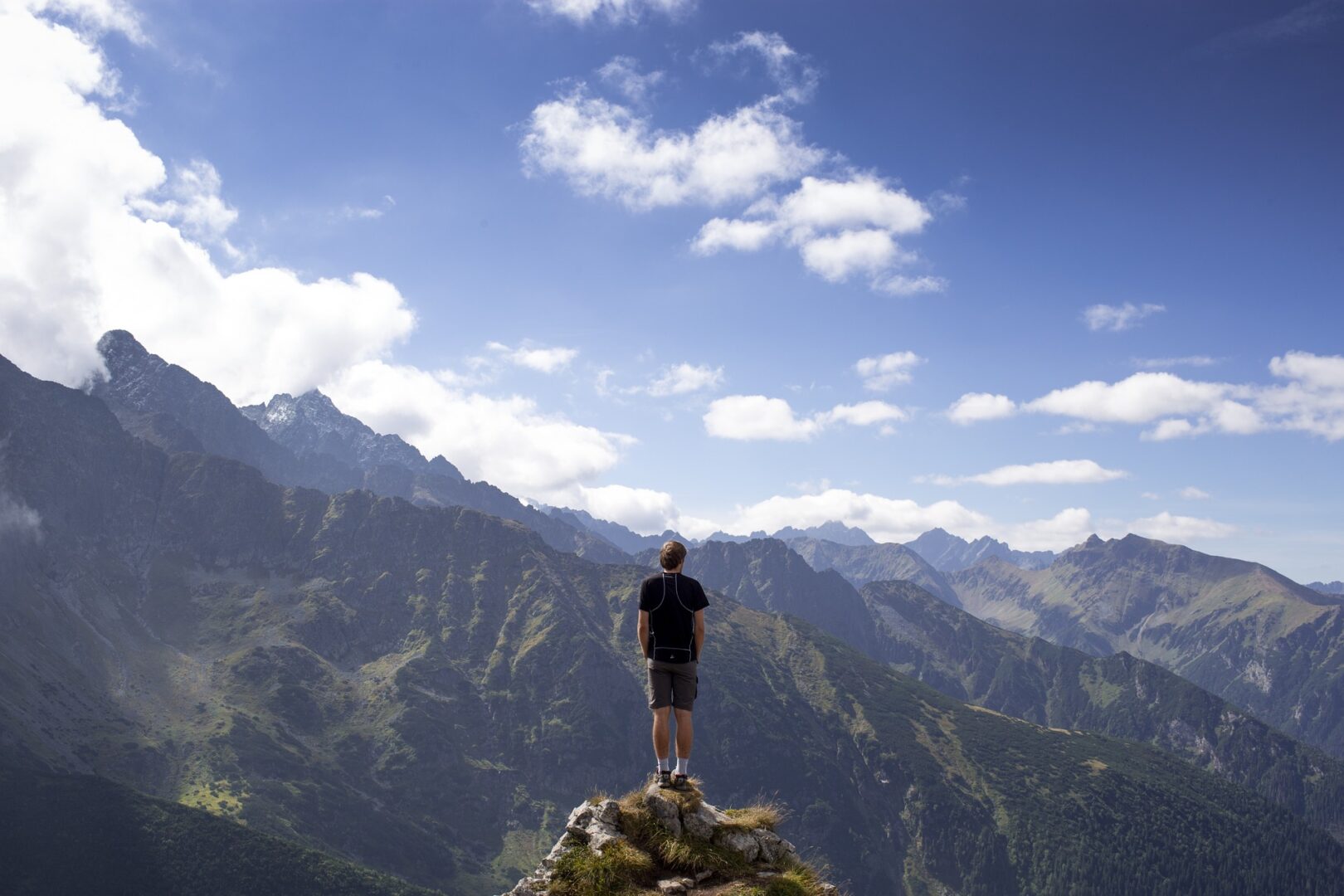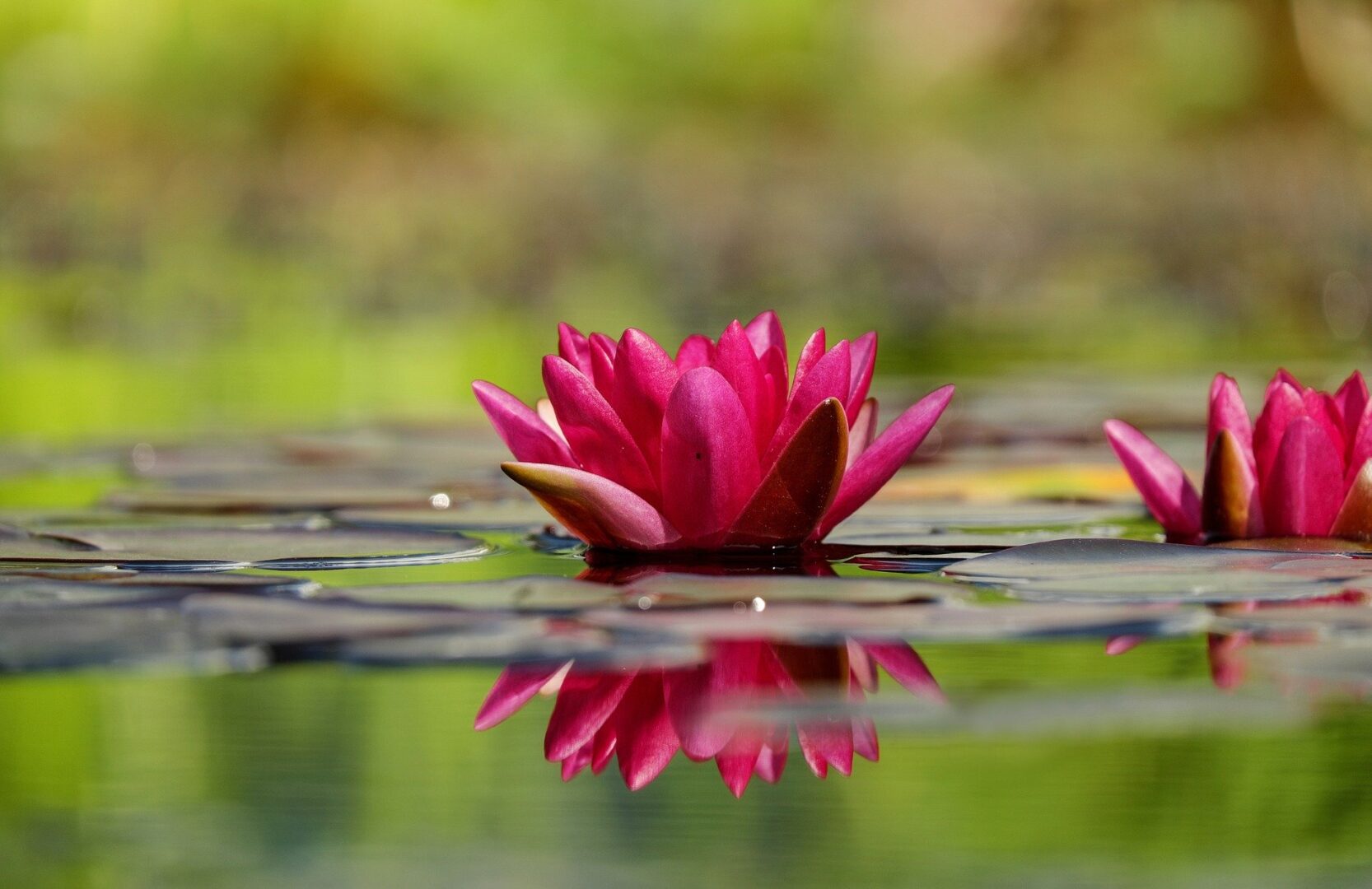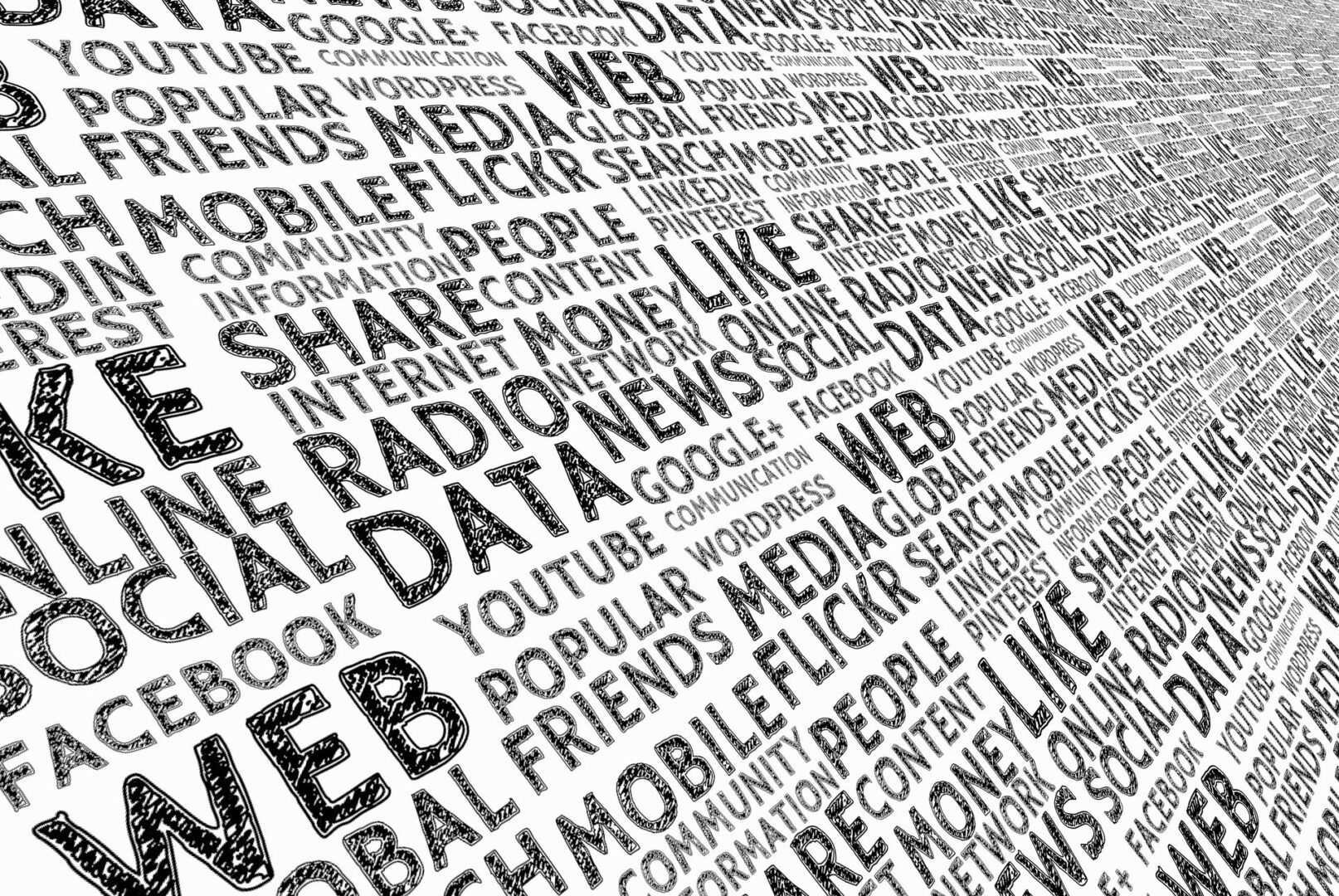
It is common to experience anxiety & fear during isolation according to Lawrence Palinkas, Professor at USC Suzanne Dworak-Peck School of Social Work.
“We are all making decisions now we don’t normally have to make. What we’re living through now is very stressful, and most people are not prepared for this,” Palinkas said. “Some are better equipped to cope than others. Some people will gain self-confidence and others will experience symptoms severe enough to warrant seeking professional help.”
Stressors that occur
The two biggest stressors during this corona virus outbreak are the current practice of social distancing and shelter in place measures, as well as uncertainty regarding what and how the virus will affect us.
The Mars experiment
I went to a lecture several years ago by the lead investigator that was simulating a trip to Mars. The Mars simulation took place on the volcano slope of Manu Loa, Hawaii. It was designed to study how people would behave traveling and living in a long-duration, deep-space mission with minimal or no contact with Earth. The teams were studied over a one year period. They wore all the protective gear they would need in the harsh Mars environment and could not leave the “landing site” for a year. The only thing they had was each other (teams of 4) and asynchronous contact with “control”. It was similar to the movie The Martian starring Matt Damon but this was an actual simulation that lasted 1 year. What I most remember from the talk was the psychological effect isolation had. These team members were intelligent and had strong skills sets that would make them candidates for a Mars mission. Each of them were effected very differently and sometimes not what they would have expected. The goal of these simulations were to identify the optimal psychological profile of who would be successful as a team member going to Mars.

Mars vs. today
Fast forward to what we are experiencing right now. Dr. Palinkas talks about the how isolation affects us all differently. When we have interaction friends and loved ones physically removed, how we react can have many manifestations including depression, anxiety, and sleep interruption.
Another issue is that we are confined in a way that is not normally how we live. People go to work, school, restaurants, shops, etc., and instead they are now confined together which can lead to conflict and tension.
What has worked for me
Special space
What I have found helpful for me is the ability to have my own space. Luckily, I have an office to work in at home and my husband can work in another room while he is working remotely. This separation and sense of purpose is key.
Learning or doing something new
I am working on some various certifications and other learning opportunities and trying to keep a schedule that is planned, allows for breaks and fresh air, and has a sense of satisifaction when a task or project is completed. No, I am not compulsively cleaning the house – although I probably should.
Having a schedule
Having and keeping to a schedule is grounding to the mind.
Self-care

The body also needs attention. I am keeping to my running and exercise training program. If you are use to going to a gym, there are so many online opportunities you can go to. I would also be happy to help you by doing a zoom video class or some wellness coaching and techniques. Just go and reach out in the comments section.
Have a plan
Last thing to remember is to have a plan. Update your emergency contact information. Let anyone you are living with know your thoughts if something should happen to you. Write up a will and Advance Directives (your wishes for medical care) and put it in an envelope taped to the refrigerator if you are alone, it is better than nothing. Be ready for the unexpected, it can happen to us.

All news is not equal
Consider the source when consuming social media accounts of the virus; the content is not regulated and can include conspiracies and conjecture. “All news is not equal,” says Sheila Teresa Murphy, Associate professor of communication at USC.
